Equine Nutrient Management and Conservation Training
April 24, 2019 Comments Off on Equine Nutrient Management and Conservation Training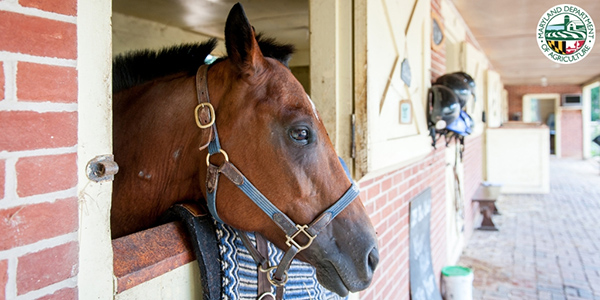
The training will focus on Maryland’s nutrient management requirements, conservation planning, pasture management techniques, and best management practices that can be installed on horse farms to protect soil and water resources. The program features speakers from the department, University of Maryland Extension and USDA Natural Resources Conservation Service. Topics include manure storage, handling and spreading procedures; soil health and reseeding; and establishment of sacrifice lots, setbacks and streamside buffers.
Continue reading …Defining Horse Jargon- Beginning Rider Terms
April 23, 2019 Comments Off on Defining Horse Jargon- Beginning Rider Terms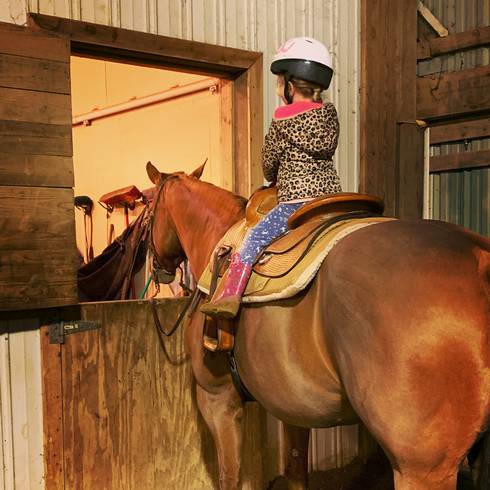
If you’ve ever felt like your riding instructor was speaking in some ancient secret code, be comforted knowing that you aren’t alone. While most instructors do their best to simply and accurately explain topics to help you improve as a rider, even the best teachers forget to explain basic jargon.
Continue reading …Salt VS Electrolytes- An Important Distinction
April 20, 2019 Comments Off on Salt VS Electrolytes- An Important Distinction
Your horse can lose up to four gallons of perspiration an hour when exercised in hot, humid conditions. Sweat is predominantly made of sodium, chloride, and potassium, with lesser levels of magnesium and calcium, all responsible for keeping your horse’s heart beating, the gastrointestinal tract moving, kidneys working, as well as maintaining almost every biochemical reaction. Without them, the horse can become weak and may collapse.
Continue reading …Practice Good Biosecurity to Protect Your Horse From EHM
April 18, 2019 Comments Off on Practice Good Biosecurity to Protect Your Horse From EHM
EHV-1 is easily spread and usually has an incubation period between 2-10 days. Respiratory shedding of the virus generally occurs for 7-10 days, but may continue longer in infected horses. For this reason, a 21-day isolation period of confirmed positive EHM cases is suggested.
Continue reading …Time To Ride Program Hopes to Introduce School-Age Kids to Horses
April 13, 2019 Comments Off on Time To Ride Program Hopes to Introduce School-Age Kids to Horses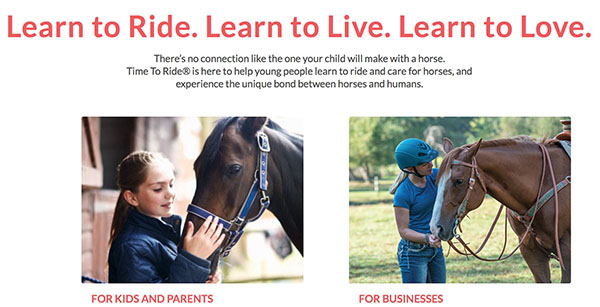
The new Time To Ride program is designed to introduce school-age children to horseback riding and horse care in a safe, welcoming environment. The goal is to familiarize school-age children with horses through an initial series of lessons that include basic horse care as well as riding.
Continue reading …
It is very important for owners to understand what puts a horse at risk of PAL or laminitis from an inappropriate diet, even with no pasture access. PAL is linked to elevated insulin responses. The classical appearance of a horse or pony at risk is one that is overweight with an obvious, fatty crest on the neck, but many metabolically abnormal horses have a normal weight. A horse that is older may also develop Pituitary Pars Intermedia Dysfunction (PPID/Cushing’s disease) and change from one that always tolerated pasture well to one that is now at risk of laminitis.
Continue reading …Vets Make History With First-Ever, Image-Guided “Massive” Sinus Tumor Removal in Horse
April 10, 2019 Comments Off on Vets Make History With First-Ever, Image-Guided “Massive” Sinus Tumor Removal in Horse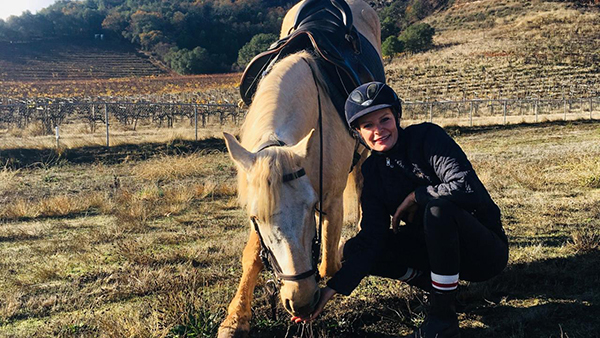
“We were able to remove a substantial portion of the tumor in order to open the sinus cavity and take any pressure off Honesto’s eye socket and brain. He’s one tough horse.”
Continue reading …Analytics Brief Looks at Foal Supply
April 9, 2019 Comments Off on Analytics Brief Looks at Foal Supply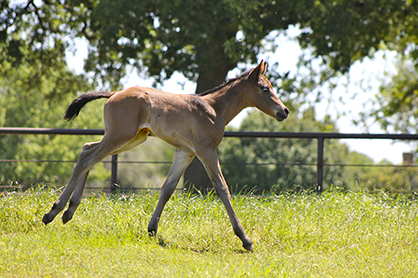
Inflation-adjusted average yearling prices from two years ago are directly related to the current year’s supply of foals. These real prices have trended downward over the study period ending 2016, hence leading to a decrease in the number of registered foals.
Continue reading …Take the Quiz: How Will Your Horse’s Risk of Colic Change This Spring?
April 5, 2019 Comments Off on Take the Quiz: How Will Your Horse’s Risk of Colic Change This Spring?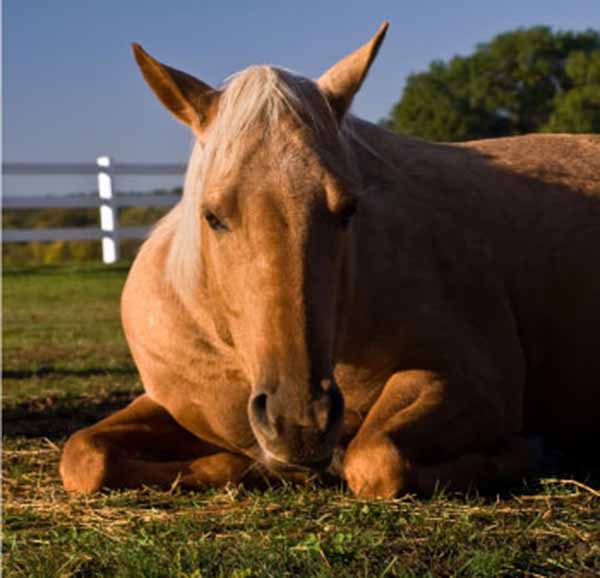
According to the Colic Risk Rater, there was an 11% chance that Brandy may colic while at the training facility. Now, in the 24-hour time period after Brandy returns to her home facility, there is a 50% chance that she may colic. There are things we can do to reduce this risk. Strategies like bringing water, hay and concentrate feed from the training facility and making a gradual transition to the feeds used at home will lessen the many changes that Brandy already has to adjust to.
Continue reading …What Your Horse’s Hoof Angle Might be Telling You
April 4, 2019 Comments Off on What Your Horse’s Hoof Angle Might be Telling You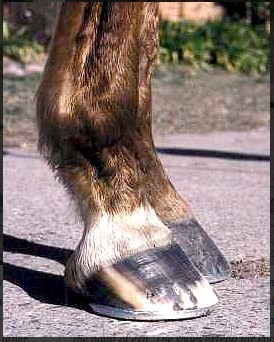
A horse should have roughly a 50-degree angle of the front wall of the hoof to the ground. The angle of the hoof should match the angle of the dorsal surface of the pastern. If this angle, or line, is broken, it indicates a poor trim due to either too much toe, a concave break in the line, or too much heel, a convex break in the line.
Continue reading …







